The Torneo Intercomunitario de la Luz brought with it the promise of access to community energy and the opportunity to showcase the talent and skills of women soccer players from the Hondible neighborhood. For these women, soccer is a way to escape the daily routine and to demonstrate their courage and talent in a male-dominated environment. Despite their passion for the sport, the lack of access to electricity is a significant barrier in rural communities.
The excitement in the air was palpable as the teams prepared for the First Intercommunity Tournament of Light held in the Hondible village. An event that would mark a before and after in the life of this rural community that had been struggling for years to gain access to electricity. But the tournament not only brought the promise of electricity, but also the opportunity to showcase the talent and skill of rural women soccer players.
Among the players were four women who were excited to showcase their skills on the field: Yarledis and Kelly for the green team, and Angie and Darlis for the orange team. Yarledis, her team’s star defender, had dreamed of playing on a floodlit field since she was a child. Kelly, a midfielder, had been coached by her father and prided herself on her ability to move the ball around the field successfully. Darlis, a central defender, had practiced every day for the past three months to improve her ball control skills. And Angie, the midfielder, had joined the team after her sons encouraged her to pursue her dream of playing soccer.
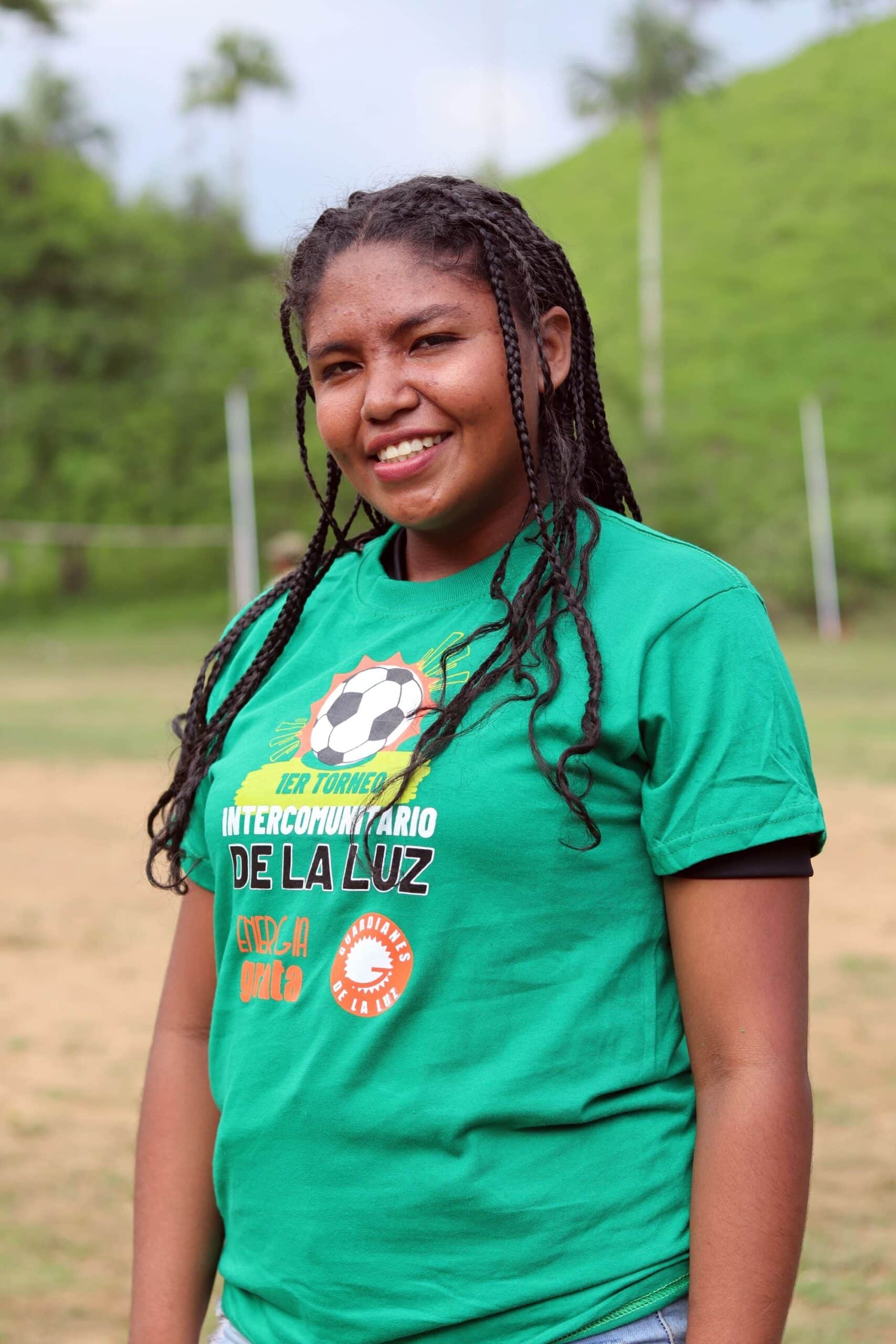

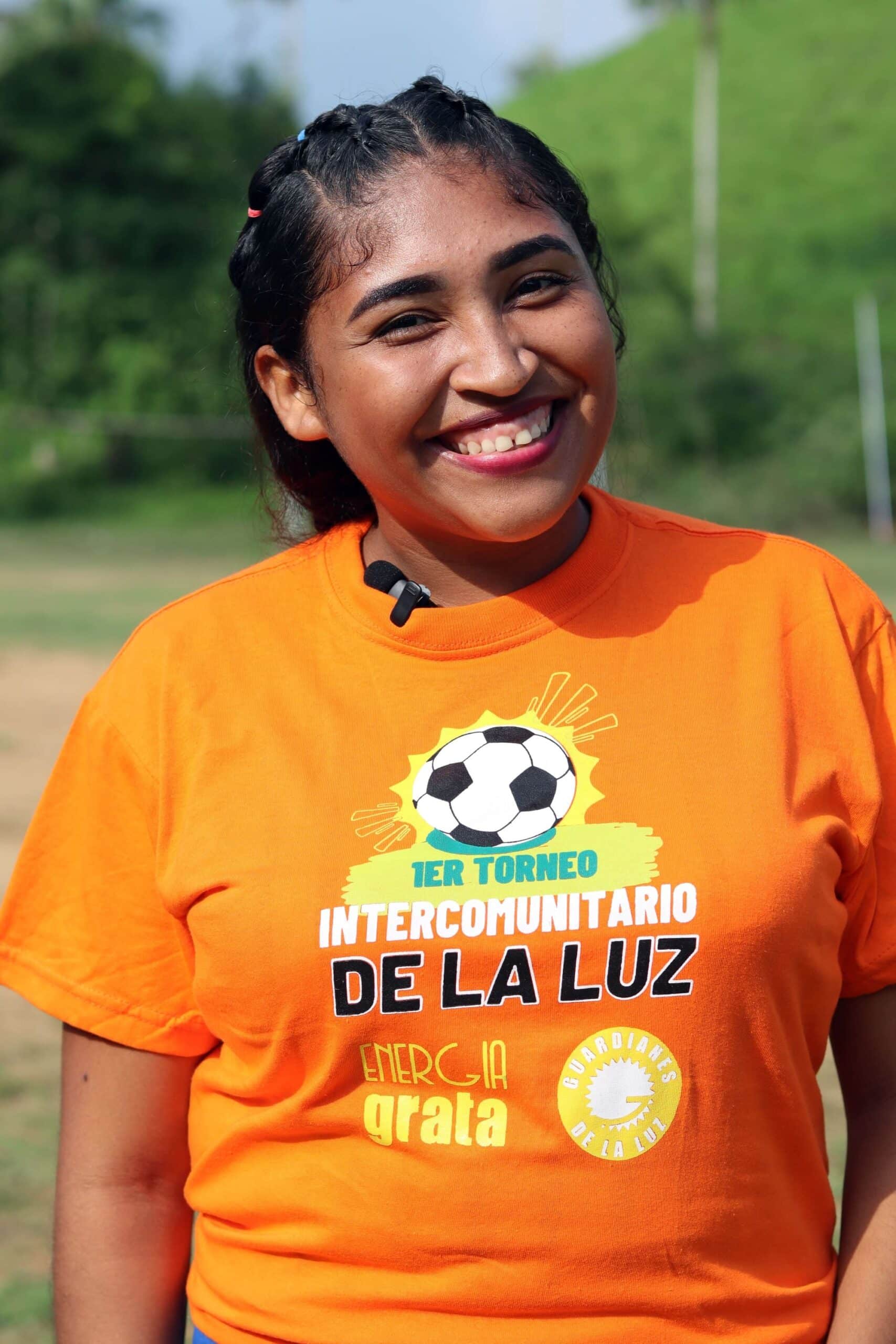
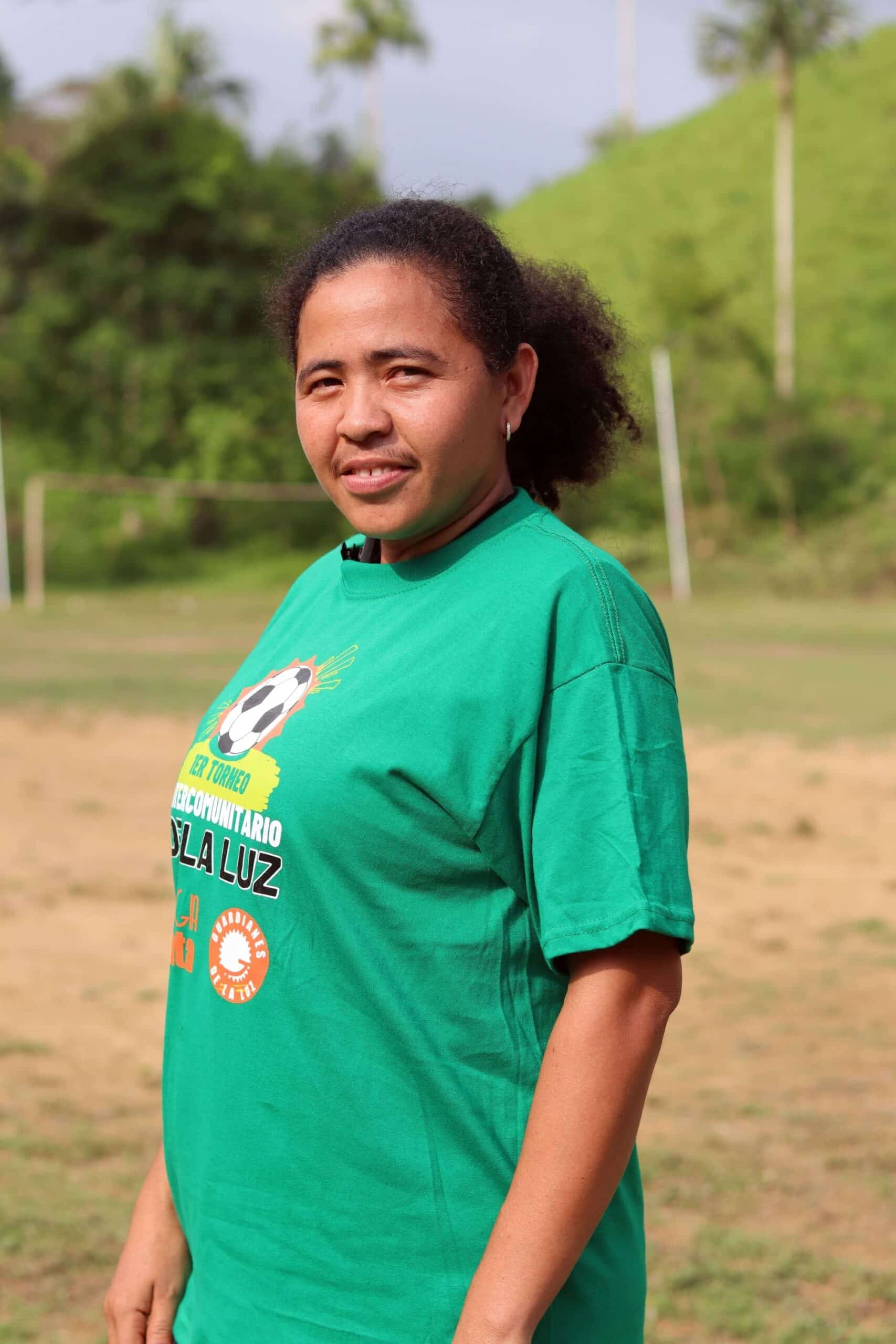
For these women, the sport is a way to escape the daily routine and to show that they could also excel in a male-dominated field. “Soccer gives us a voice,” says Yarledis. “It allows us to show our strength and ability in an environment that normally denies us that opportunity.”
Female empowerment is a constant struggle in rural areas, where women often face cultural and gender barriers that prevent them from accessing education and employment. But these women have found in soccer a platform to demonstrate their value and talent, and to reclaim their place in society. “When we’re on the pitch, it doesn’t matter if you’re a man or a woman, the only thing that matters is your ability,” says Kelly.
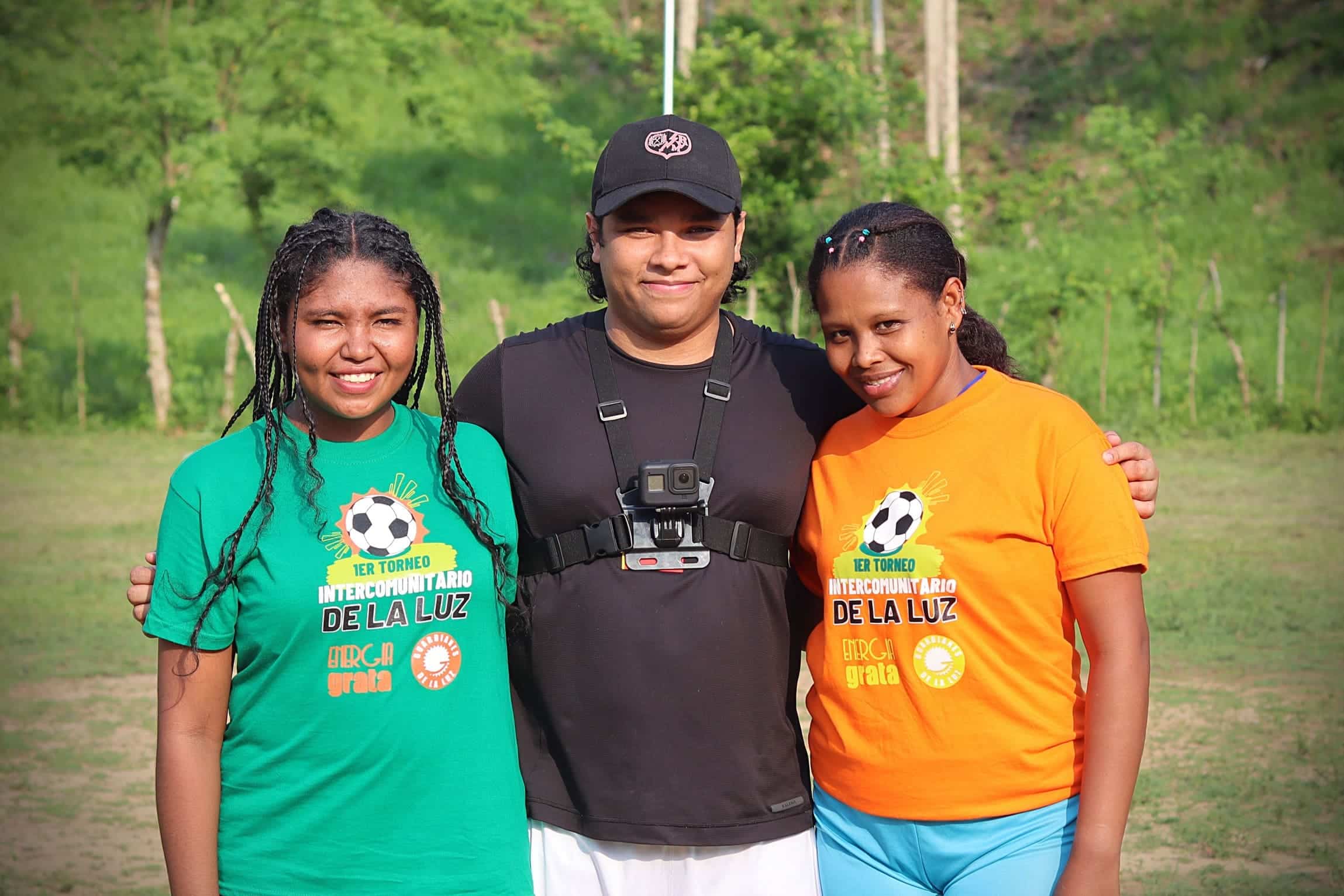
Despite the passion these women had for sports, the lack of access to electricity remained a significant barrier. Without electricity, daily activities were limited to sunlight, and the lack of light at night prevented residents from accessing recreational activities. But with the advent of solar power, all that was about to change.
The tournament began with deafening enthusiasm. Hours earlier, some members of the community had taken it upon themselves to install solar poles on the court. Since then, the stands and players had been waiting for the night to welcome them to play.
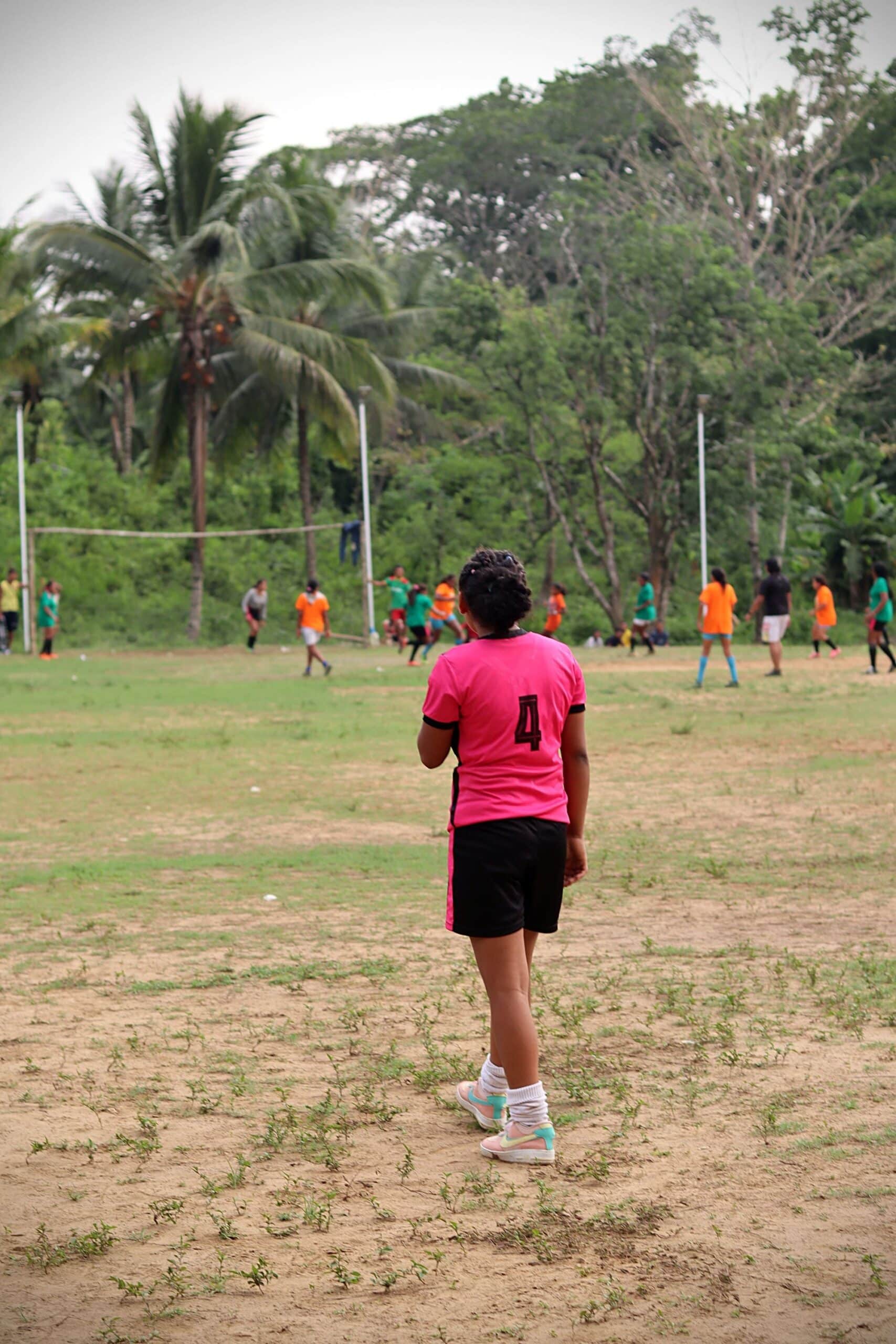
The match started with a lot of energy and enthusiasm on both sides. The orange team, led by Angie and Darlis, took the initiative in the first minutes, trying to get the ball into the opponent’s area. Two goals were sentencing the rival team. After several attempts, the players captained by Yarledis finally tied the score. This gave a boost of confidence to the green team, which immediately increased its intensity on the field. The oranges, however, did not give up and managed to take advantage with a great goal that went through the goal. The referee blew the half-time whistle.
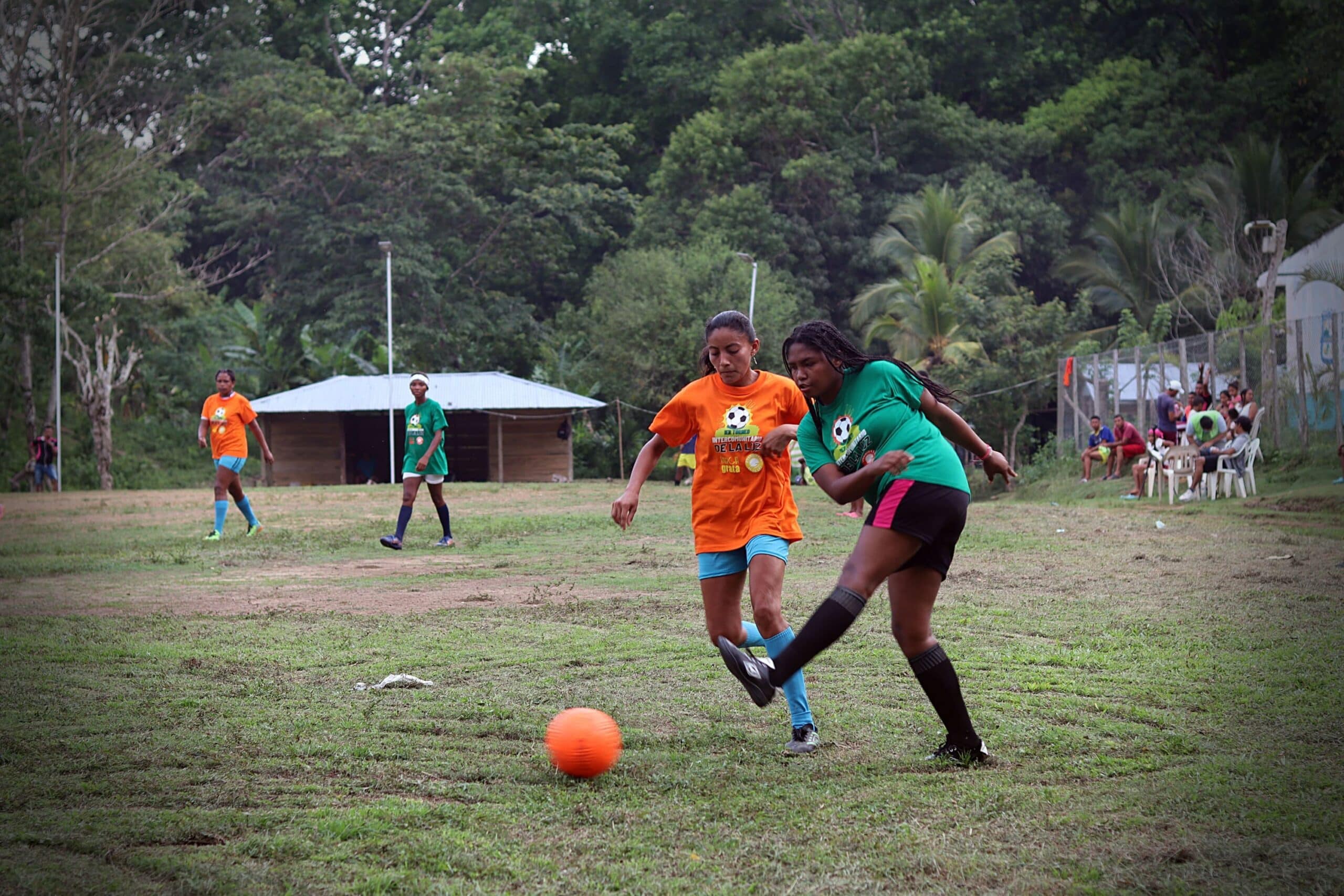
The second half continued with an exchange of offenses, but finally it was the green team who took the lead thanks to the skills of their players. Kelly scored the goal that brought the game back to a draw, but as the clock ticked down, the greens became more and more dominant and two more goals secured their victory with a score of 5-3.
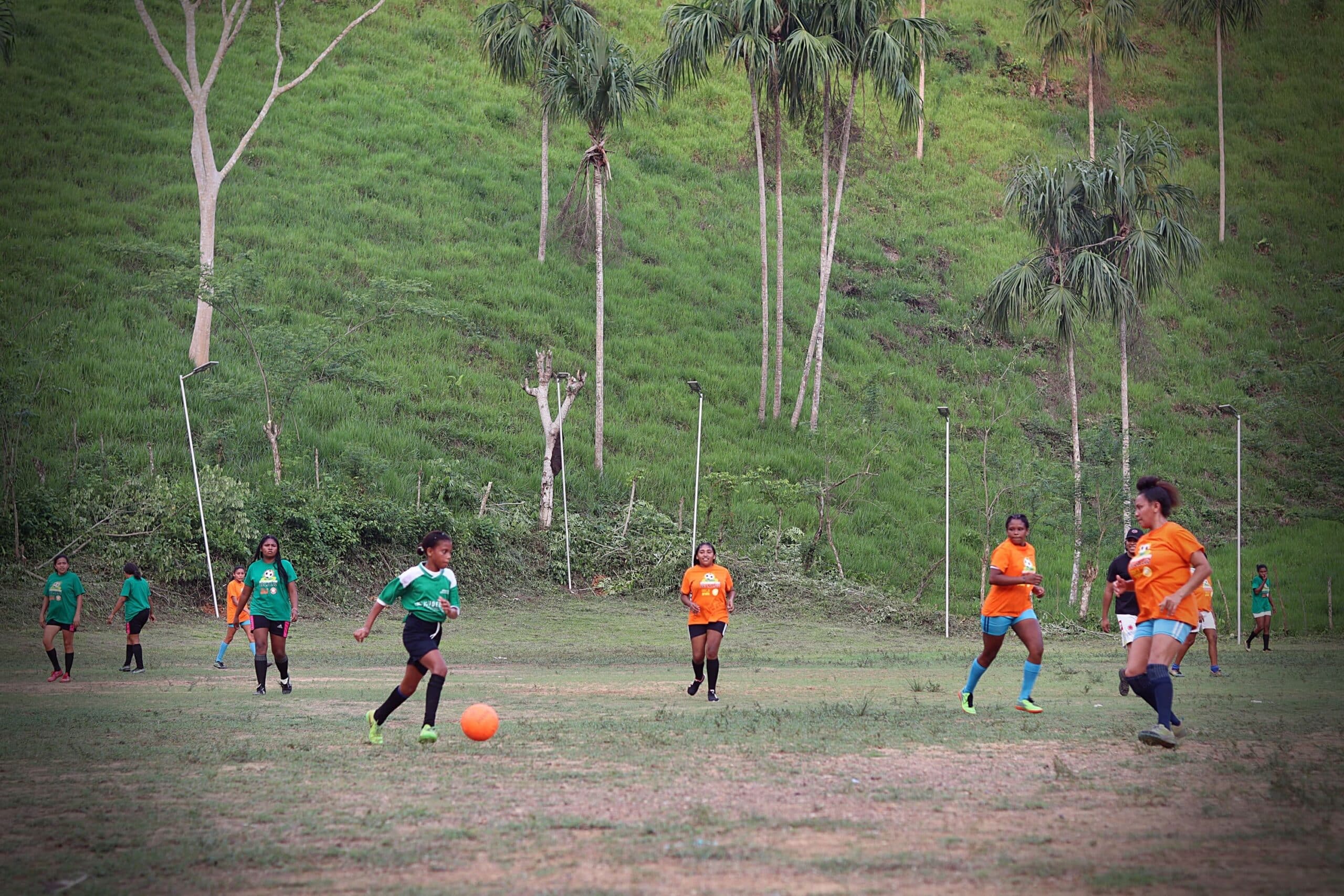
At the final whistle, Yarledis and her teammates excitedly ran to the center of the field to celebrate their triumph, while their rivals embraced as a sign of respect and congratulations. It was then, when the first lamp was lit.
This match was not only important for the women soccer players, but also for the community in general. It showed that women can succeed in a sport traditionally attributed to men and also highlighted the importance of access to electric power for Hondible’s development. “This tournament and the advent of solar power are just the beginning,” Darlis said. “Now we can dream of a brighter future for our families.”
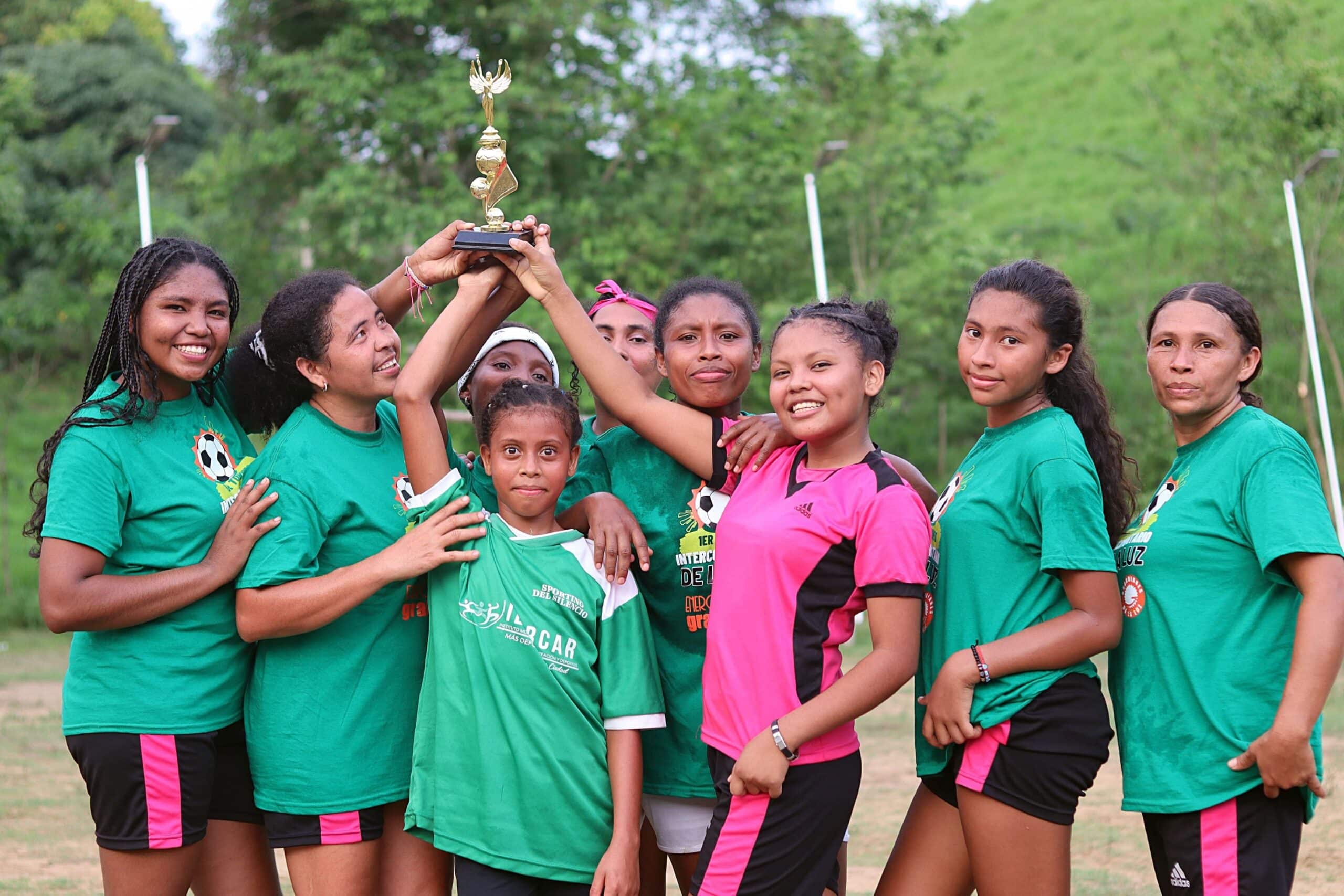
Yarledis, Kelly, Angie and Darlis know that solar energy gives them more than just a lighted court. It gives them the opportunity to shine and have a voice in building their future. With the advent of solar power, new opportunities open up for women’s growth and empowerment.
As she watched the bright light, Yarledis realized that soccer was not only a sport, but also a tool to drive social change. “This tournament has given us the opportunity to prove our worth as women soccer players and as community members,” she said. “But it has also shown us that when we work together, we can accomplish amazing things.”
Darlis, her voice steady and full of emotion, noted, “We have accomplished something great, something that will mark our history. And best of all, we’ve shown that women can be champions too.”
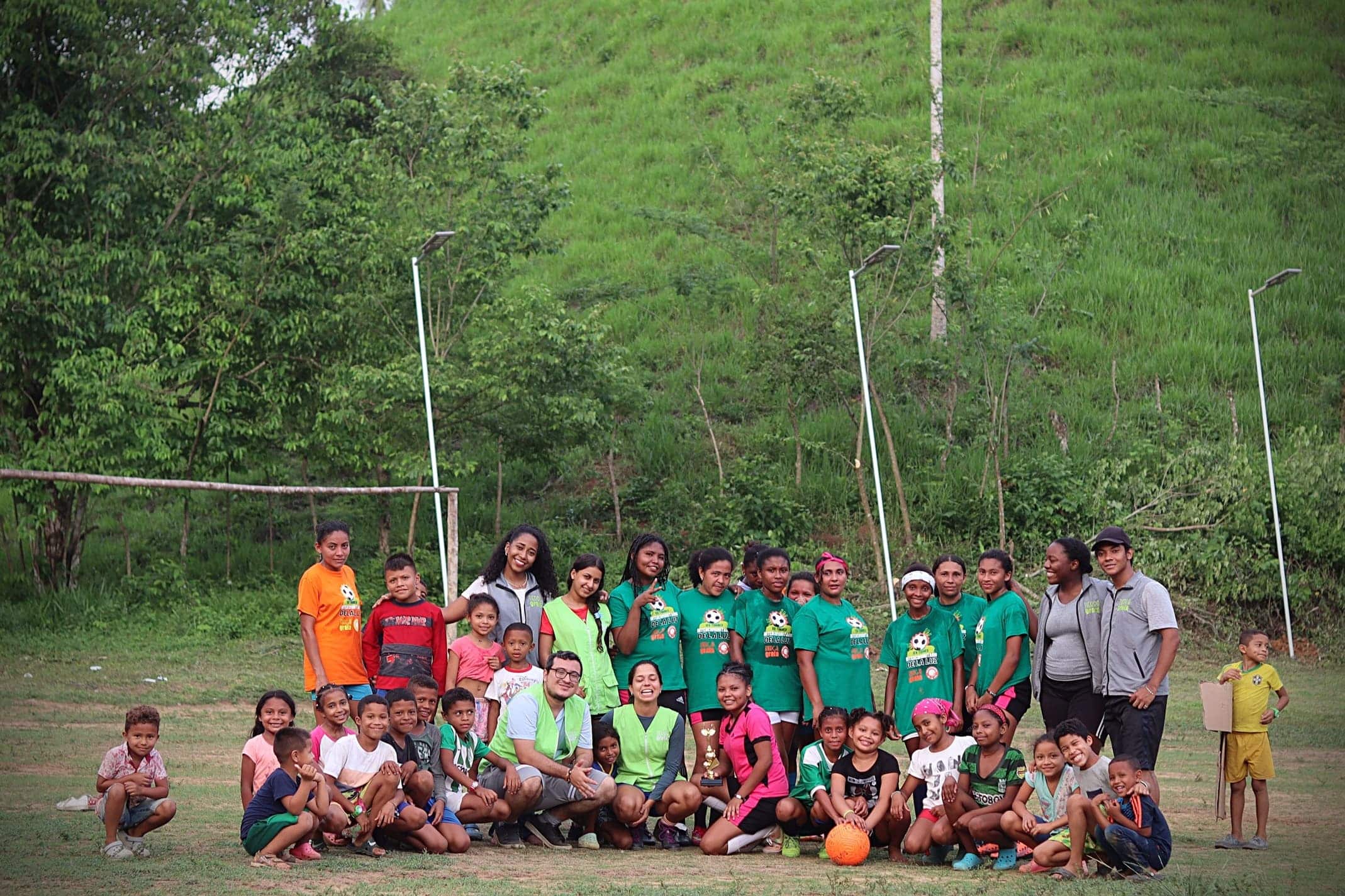
The four women said goodbye with a smile on their faces, feeling a sense of joy and hope in their hearts. Tomorrow they would meet again, this time as neighbors in the fields, but with something different: they knew they had achieved something great, and that they had opened a path for the women and their future generations. With solar energy, the rural community of Hondible had found a new source of energy, one that would not only illuminate the community spaces, but would also illuminate their lives.

